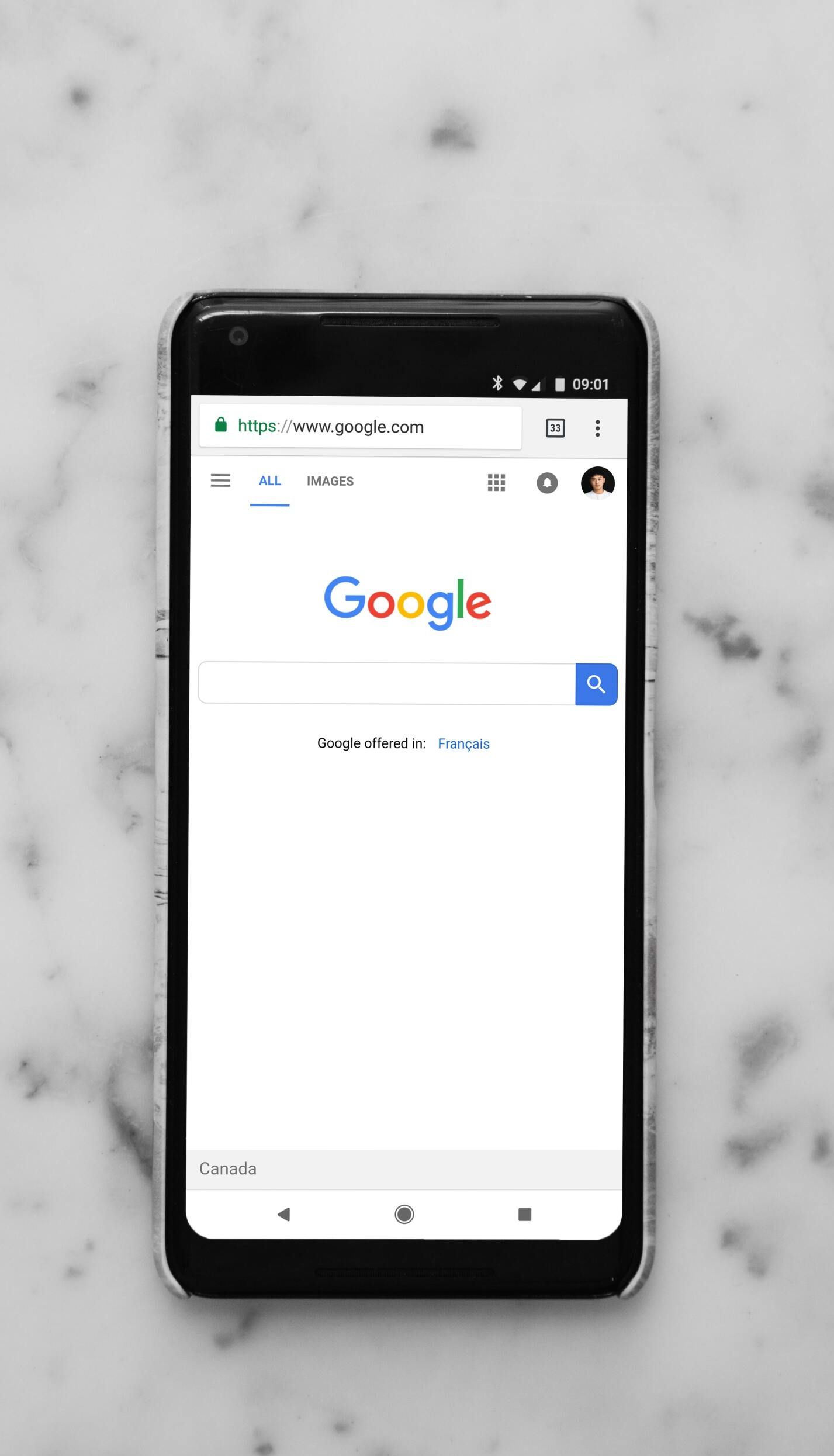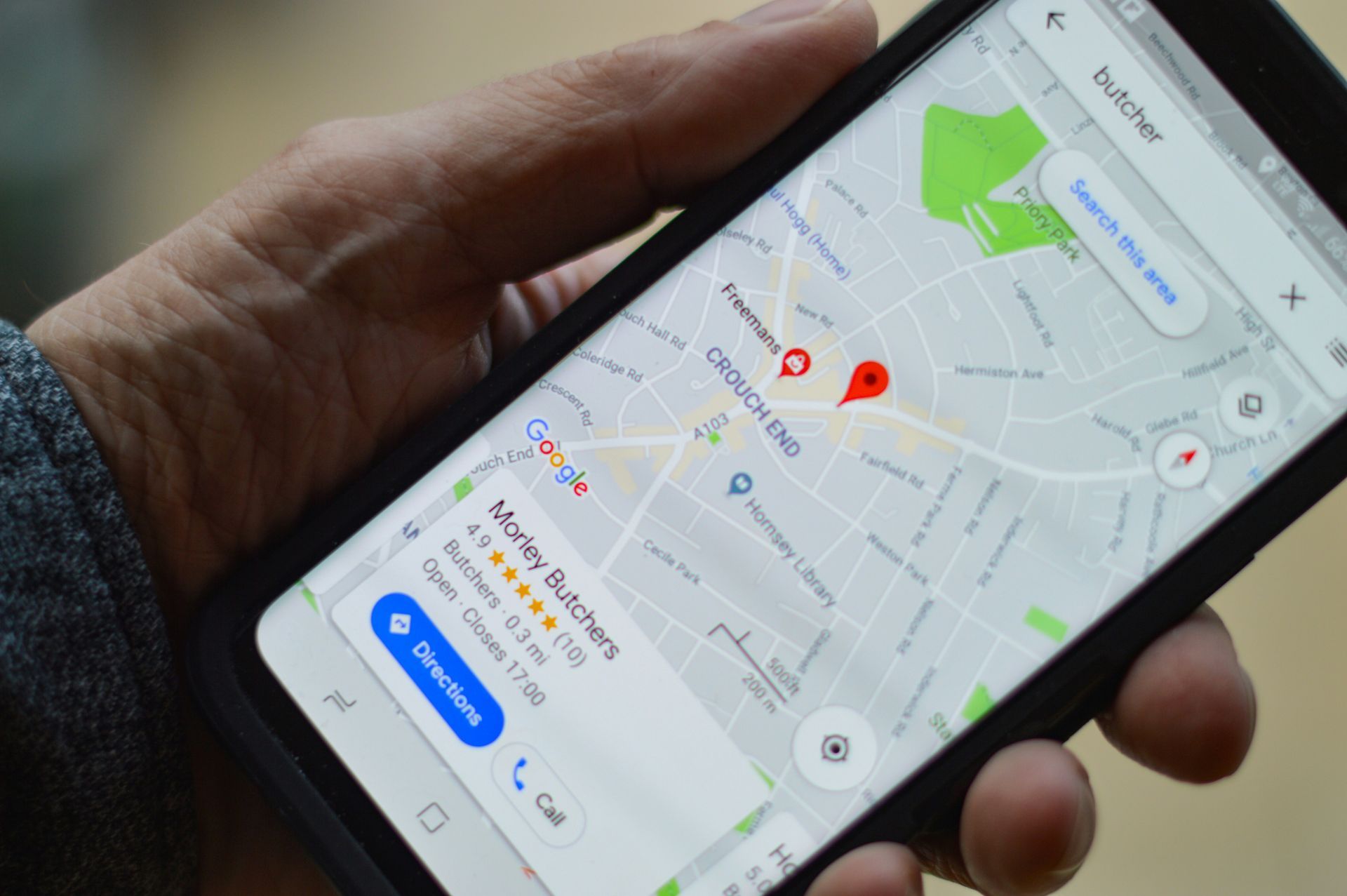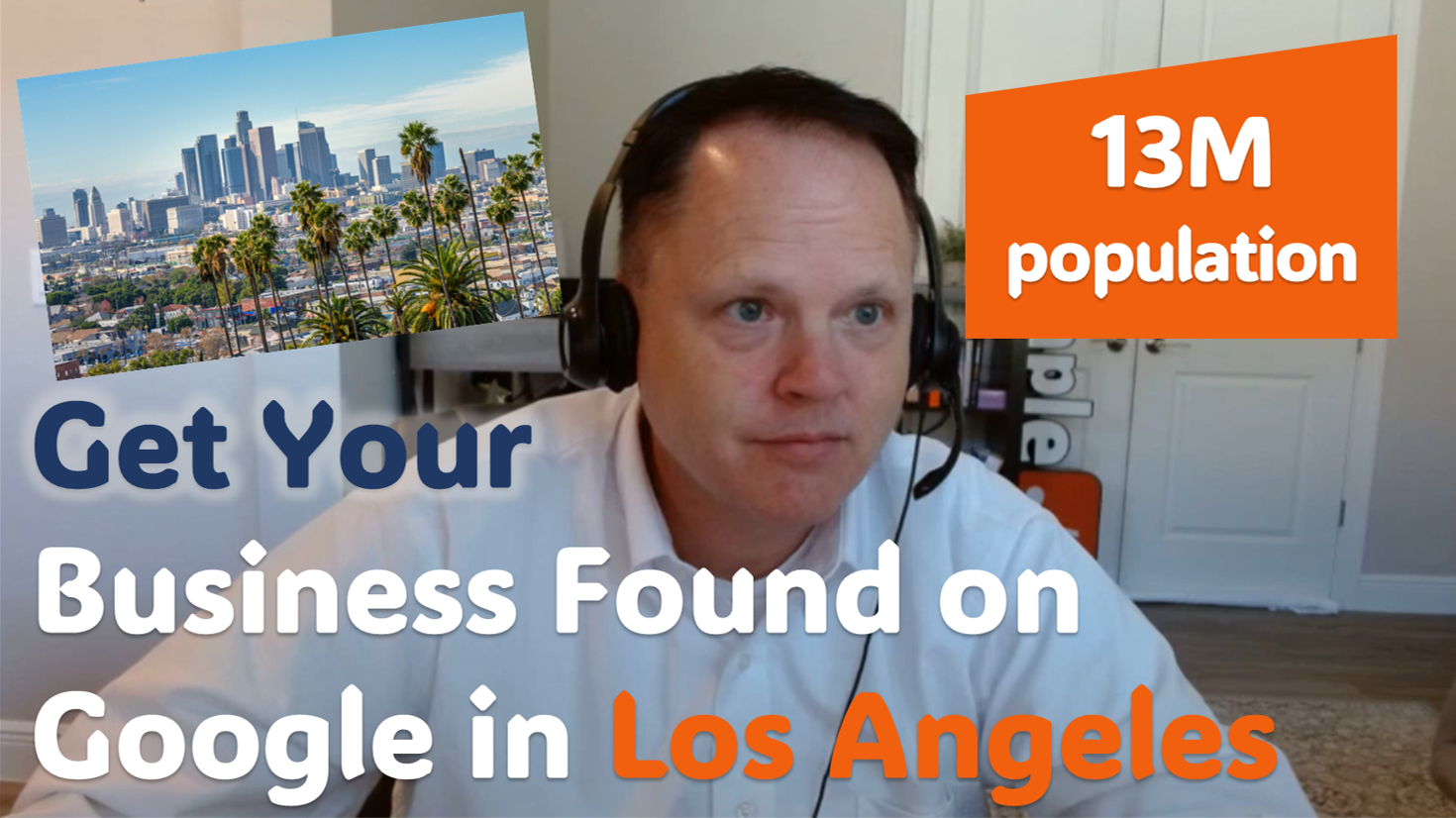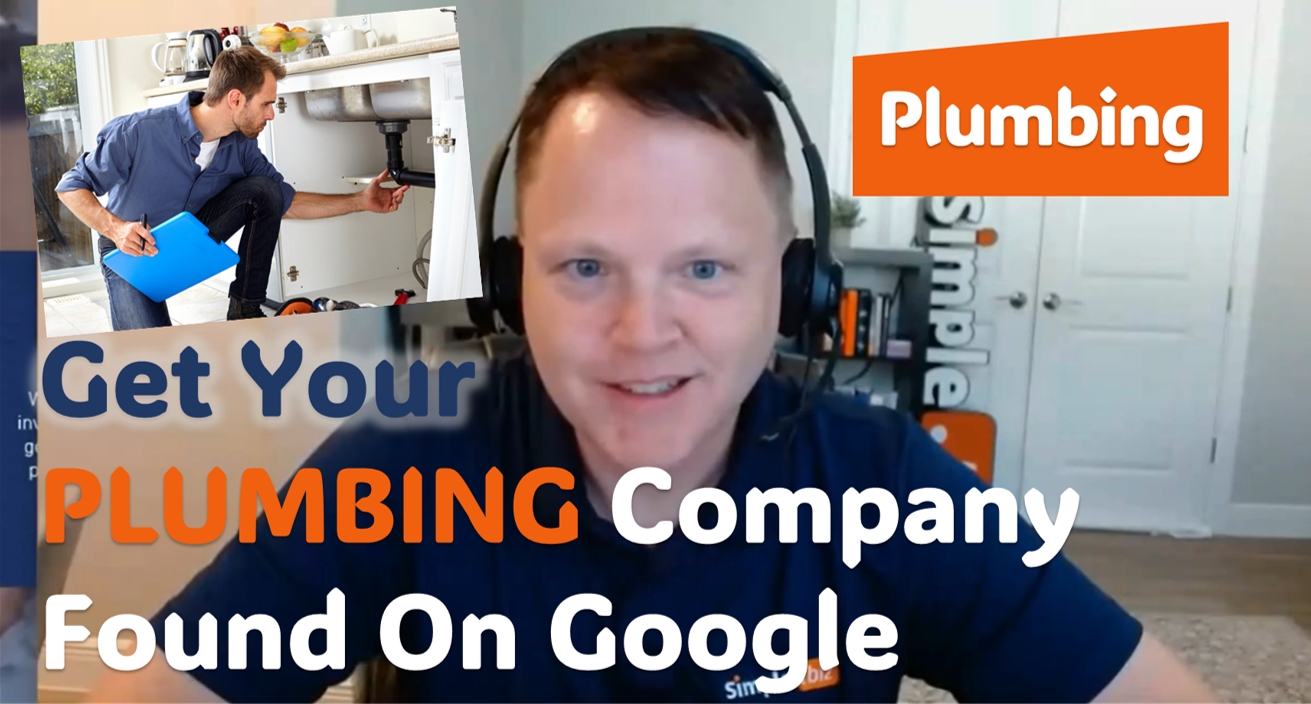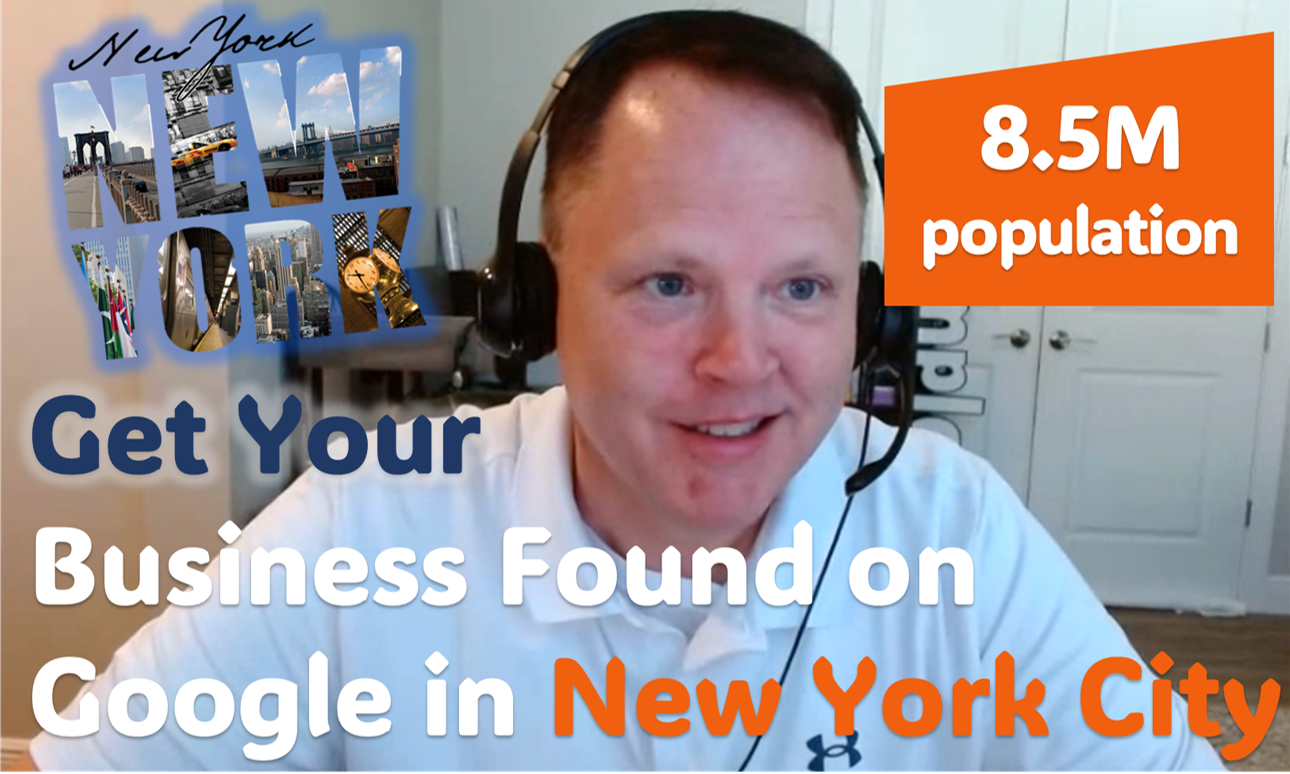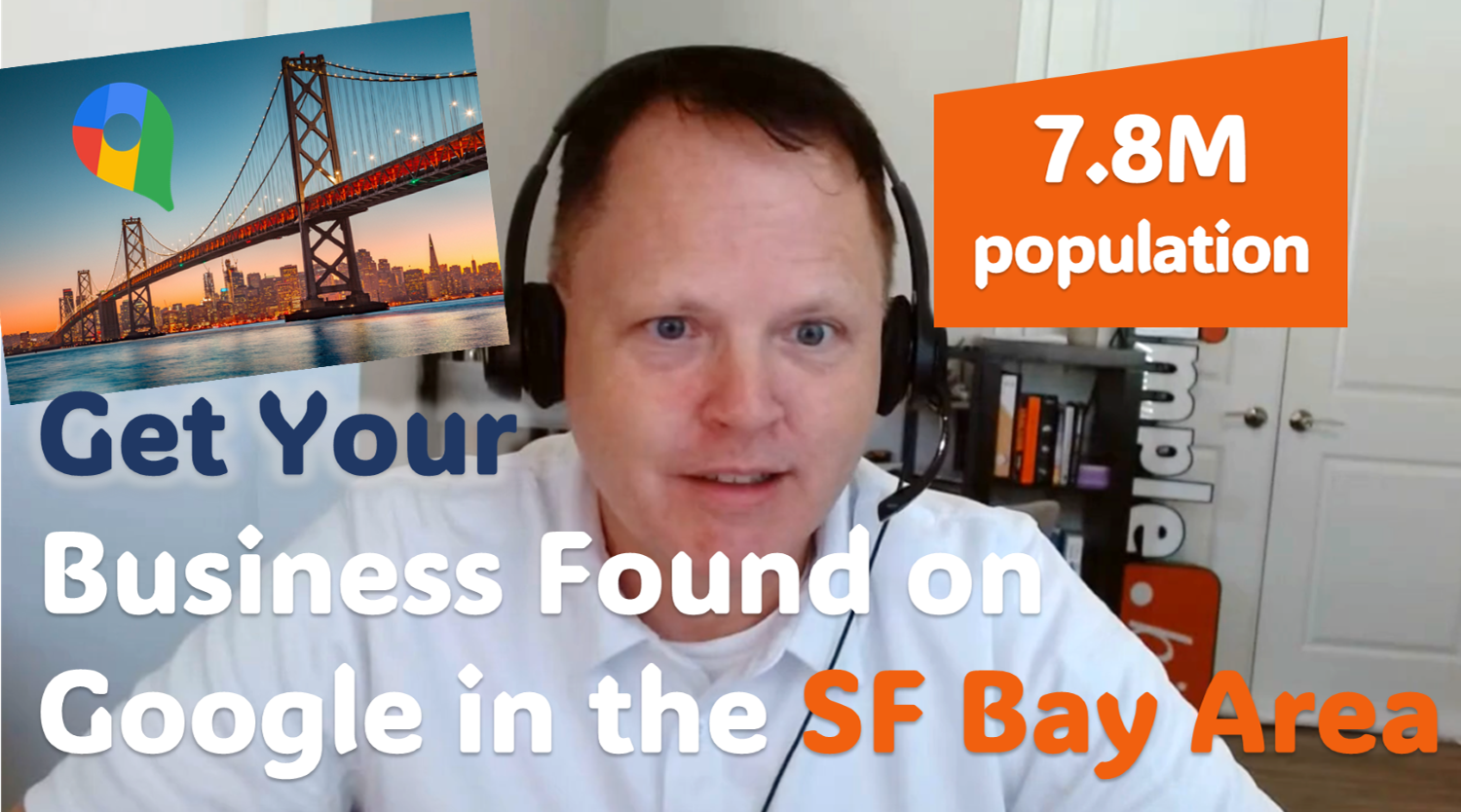That's Not a Keyword
Fine-Tune Your Keywords to Boost Traffic to Your Site
The internet works on keywords. Keywords are vital to directing traffic to your website. Choose the wrong keyword to represent your site to Google and your leads will be next to nil. As the old adage goes, “Aim at nothing and you’ll hit it every time.”
When we build a website, we don’t aim at nothing. We target specific search terms we can rank for. These are called “keywords.” They are the mechanism through which potential customers find your website, and how you, in turn, convert clicks into sales.
A good keyword meets three requirements:
- It is something people actually search on Google.
- It is a search term that we have a realistic chance of ranking on the first page of Google.
- We have a clear understanding that the website offers what the Google user is looking for when they search for that term.
In other words, a strong keyword is intuitive for users, realistic, and related to the content of the website.
I will give you examples to show what happens when each of these requirements is missing.

Nobody is actually searching for the term.
We once had a client who wanted to rank for the search term "In-home non-emergency medical services for men." Yes, it's a long search phrase. That makes life much easier, not harder, for a web designer in terms of SEO. It's not that hard to get ranked for what is known as a "long-tail keyword." (A long-tail keyword is generally considered to be a search term with 3 or more words, excluding articles.)
The problem is, no one is actually searching for "In-home non-emergency medical services for men." In fact, probably no one ever has searched those exact words in Google, and likely they never will.

Use long-tail keywords judiciously
Long-tail keywords can actually strengthen your ranking, but their too long, you end up winning a search contest with no prize. No one is searching the term. Shorten the term to find something people actually search. There are two ways to do this:
1. Take the core part of the phrase (in the case of our aforementioned example, "medical services") and type it into Google, but don't hit Enter. Look down the list of suggested searches Google gives you until you find one that fits. These are all terms with actual traffic. That’s why Google is suggesting them.
2. Visit
Google Trends. Enter your whole search phrase to check for traffic. Hit enter. You’ll see a flat line on a graph. That indicates that no one ever searches your term. Then remove words from your phrase one by one until you see a "heartbeat" on the graph. How much search is there for your new, shorter search term? Some. And that's more than you had for the longer version. Just make sure the shorter version of your search phrase is still what you’re offering.

You're never going to rank for that.
Doctors are in the business of practicing medicine, so does "medicine" make a good keyword? No. A Google search for "medicine" shows that the first page is not geographically sorted. You are competing worldwide for that term, and the competition is fierce. In fact, every result on the first page is a well-known institution with likely millions of
backlinks, so there’s really no point in fighting that battle on your budget.
Now search for OB-GYN. Notice that the results are all local to you. That means that when we use "OB-GYN" as our keyword, we don't have to build the best website in the world, just the best one in your city. That's a big difference. Local OB-GYN practice websites are unlikely to have a lot of backlinks, typically their tagging is poor, and their home page content is usually thin. Ranking for "OB-GYN" is a battle we love to fight. "Medicine," "COVID," "Osteoporosis," etc., are all topics, not keywords, and those who enter that arena are destined to lose. Doctor, medical office, psychiatrist, etc., are all localized keywords, and ranking on Google for these is much, much easier.

That search term doesn't tell us anything.
If someone searches for "body shop," they've probably wrecked their car. If they search for "cruise agency," "plumber near me," "business phone systems," or "dalmatian puppies," you could surmise a lot about what the searcher is thinking at the moment they hopped on Google.
Not only are all these search terms winnable, we are able to create relevant content that speaks to what the site visitor is probably looking for. That means we can convert site visitors into customers for our clients.

We can help
On the other hand, let's say someone searches for "cannabis." This doesn’t tell us much. Are they looking for a CBD store? Are they researching cannabis for a school assignment? Are they looking for a cannabis dispensary, or for a doctor who prescribes medical cannabis? We don't know, and so even if we could rank for the term "cannabis" (which we can't), the content we create wouldn’t be properly curated for conversions.On the other hand, “medical marijuana clinic,” “marijuana dispensary,” and “cbd store” are both excellent local keywords.
In this way, one of the most important aspects of assigning a keyword to a website is using it to funnel Google searches relevant to the content of your site, and therefore the services that you provide.
Need help picking out good keywords for your website? It can sometimes feel like you’re attempting to read the minds of potential customers, so let our experts take care of the guesswork for you.



